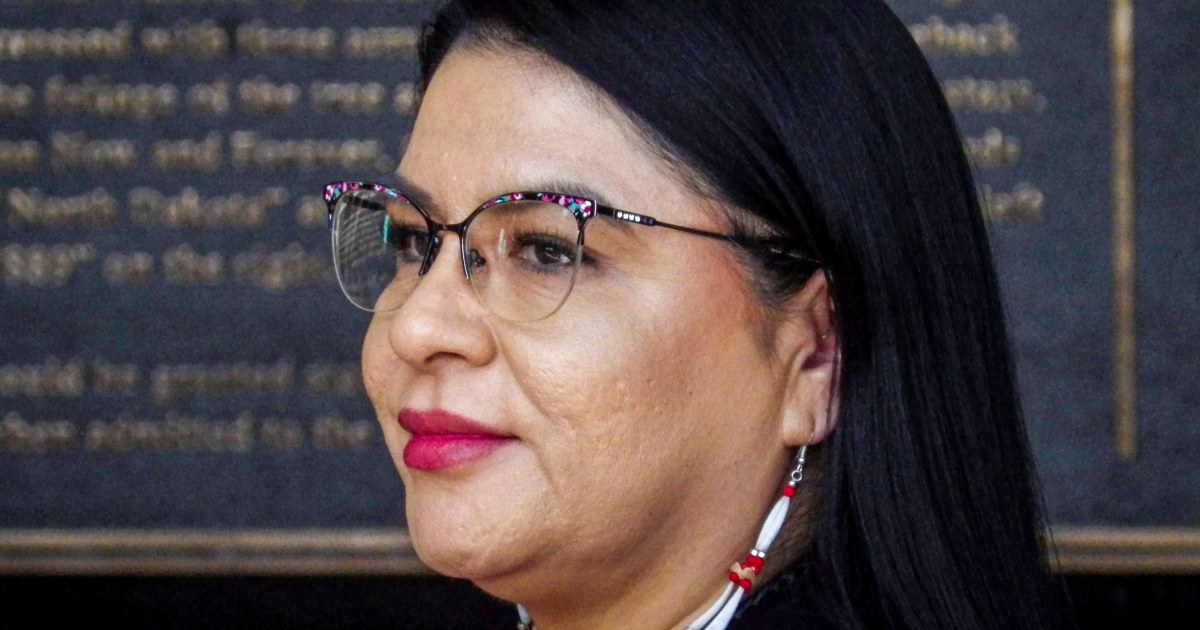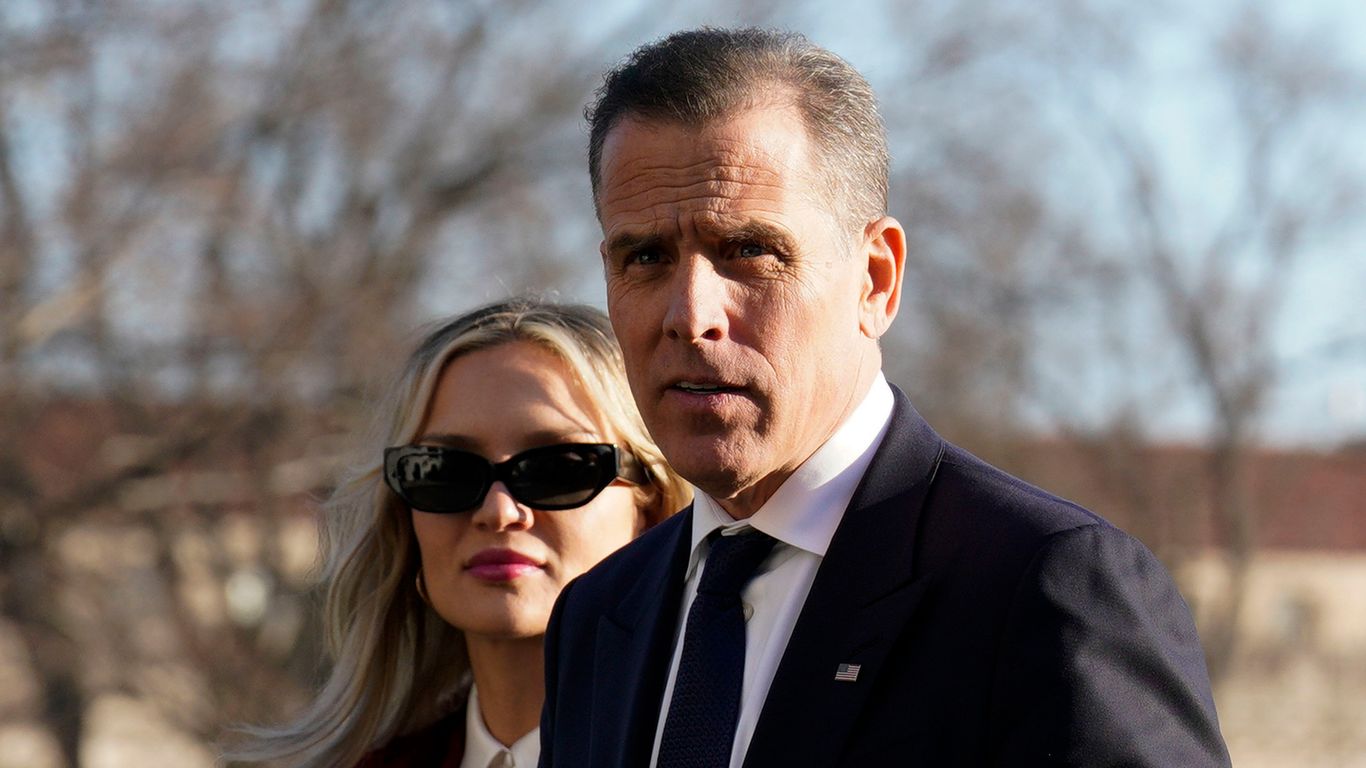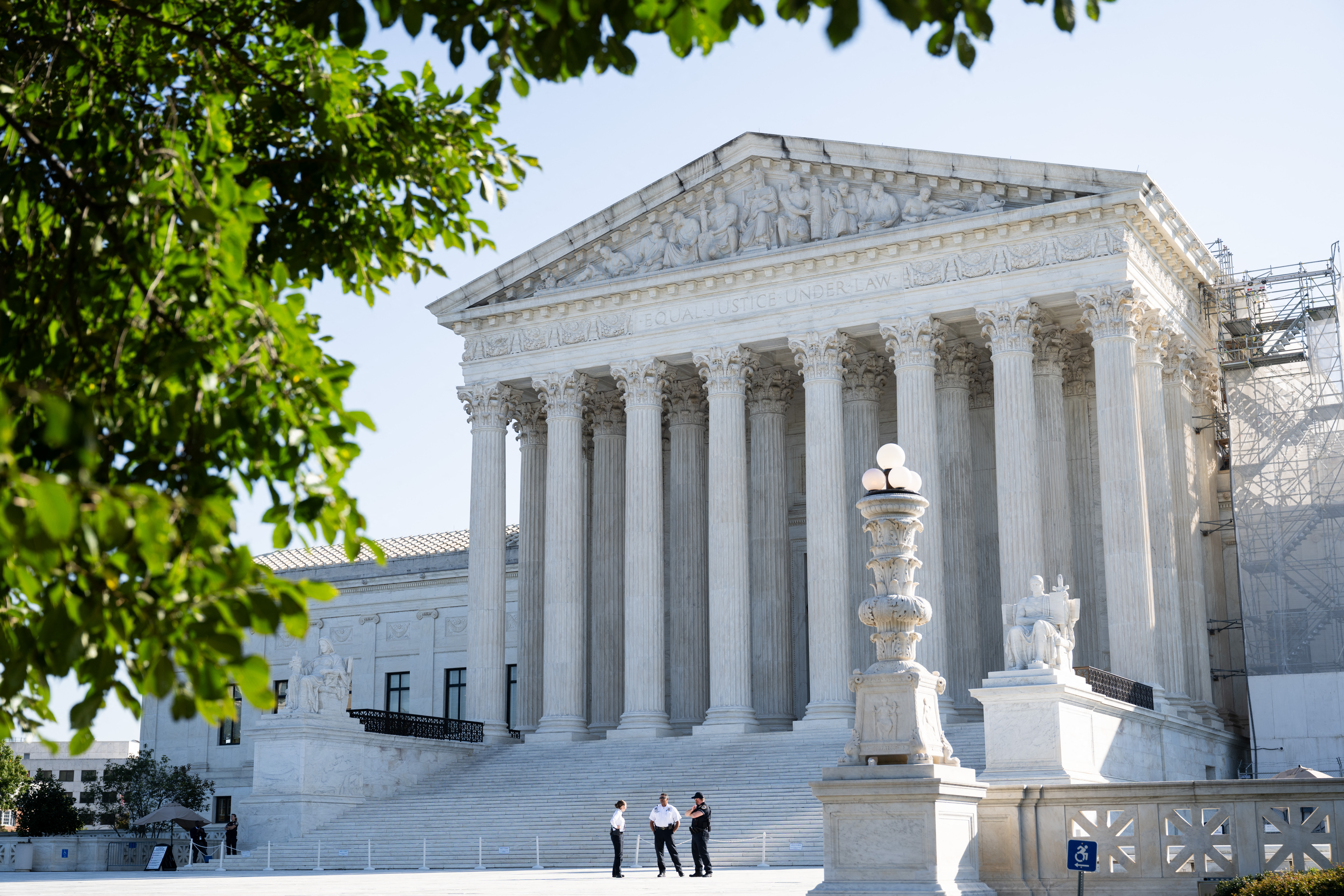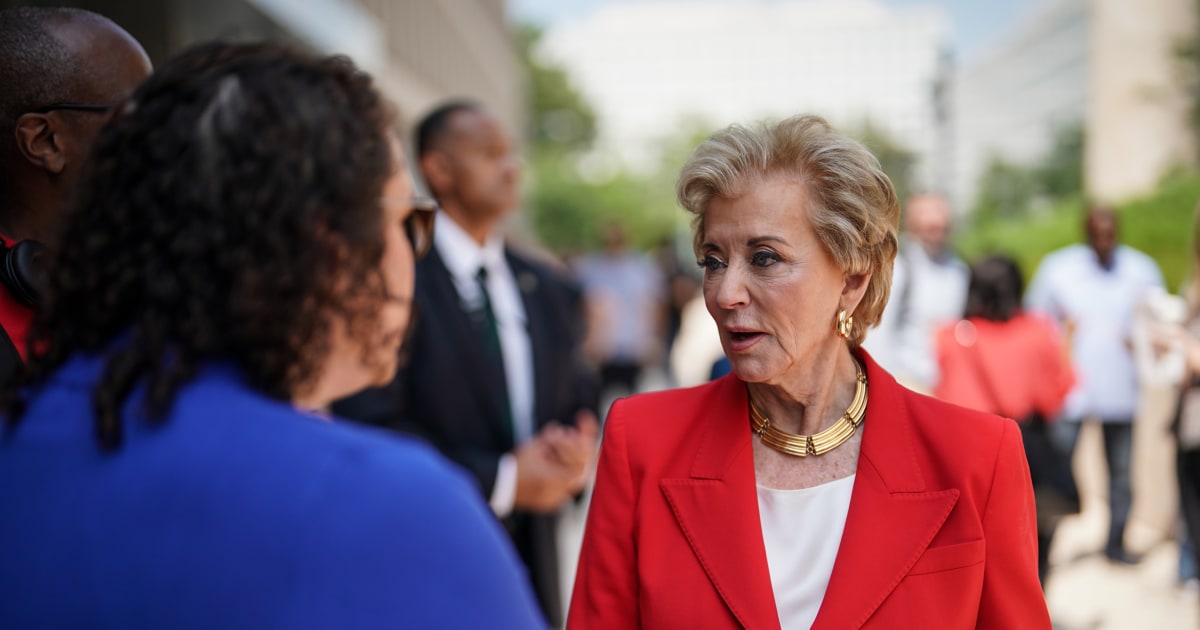Supreme Court Blocks Ruling That Would Undermine the Voting Rights Act
#supreme_court #voting_rights_act #native_american #election #democracy

Supreme Court Blocks Ruling That Would Undermine the Voting Rights Act
The United States Supreme Court recently blocked an appeals court ruling that would have significantly weakened a key provision of the Voting Rights Act. The case, brought by Native American tribes challenging a North Dakota legislative map, has been closely watched as a potential threat to voting rights for marginalized communities.
The Case and Its Implications
The case revolves around a state law that requires voters to present identification with a street address, which has been argued to disproportionately affect Native American voters who often use P.O. boxes. The appeals court ruling would have allowed the law to stand, potentially suppressing the voices of Native American voters in the upcoming election.
The Supreme Court's decision to block the ruling is a crucial victory for voting rights. The Voting Rights Act, passed in 1965, is intended to protect the rights of minority voters and prevent discrimination at the polls.
The Importance of Protecting Voting Rights
This decision serves as a reminder of the ongoing fight to protect voting rights for marginalized communities. The right to vote is a cornerstone of democracy, and any attempt to undermine it must be met with strong resistance. With the upcoming election, it is more important than ever to ensure that all eligible voters have equal access to the ballot box.
About the Organizations Mentioned
United_States_Supreme_Court
The **United States Supreme Court** is the highest judicial authority in the country, established directly by the U.S. Constitution in 1789 under Article III, which vests the judicial power in one Supreme Court and such inferior courts as Congress may create[1][3][7]. It functions primarily as the final appellate court, reviewing cases that involve constitutional or federal law questions, but it also has original jurisdiction in select cases such as disputes between states or cases involving ambassadors[7][10]. The Court initially convened in 1790 with six justices, including the first Chief Justice, John Jay. Over time, Congress adjusted the number of justices, settling at nine in 1869, a structure that remains today: one Chief Justice and eight Associate Justices[1][3][7]. Justices are nominated by the President and confirmed by the Senate, serving lifetime appointments to ensure judicial independence from political influence[7]. A pivotal moment in the Court’s history was the appointment of Chief Justice John Marshall in 1801, whose 34-year tenure greatly shaped the Court’s authority and role in American governance by establishing judicial review and asserting the Court’s power to invalidate laws conflicting with the Constitution[2]. The Court’s early decisions, such as *Chisholm v. Georgia*, led to constitutional amendments that defined the balance of federal and state powers[1]. The Supreme Court’s operations have evolved alongside the nation’s capital, meeting initially in New York and Philadelphia before settling in Washington, D.C., in a dedicated Supreme Court Building completed in 1935[3]. Each term begins in October and lasts until late June or early July, during which the Court hears arguments, deliberates, and issues rulings[3]. Notable aspects for business and technology interests include the Court’s critical role in interpreting laws affecting commerce, intellectual property, antitrust, and digital privacy. Its decisions shape the regulatory landscape and can impact innovation, corporate governance, and technology standards nationwide, making
Native_American_Tribes
The National Congress of American Indians (NCAI), founded in 1944, is the oldest, largest, and most representative organization advocating for Native American and Alaska Native tribes in the United States. It serves as a unified voice for tribal governments and communities, focusing on advancing tribal sovereignty, protecting treaty rights, promoting economic development, and improving health and welfare in Indian Country[1]. NCAI operates as a non-profit representative congress where members—comprising tribal governments and individual citizens—develop consensus on national priority issues affecting tribal nations through resolutions voted on at annual and mid-year conferences[1]. Historically, NCAI was established to provide a collective platform for American Indian and Alaska Native tribes to address legal and political challenges, especially at a time when tribal sovereignty was under threat. Over nearly eight decades, it has played a pivotal role in influencing federal policy, fostering intertribal cooperation, and educating the public about Native governance, rights, and culture[1]. The organization reflects the diversity of 574 federally recognized tribes, which have sovereign status and political relationships with the U.S. government independent of race or ethnicity[2][7]. Key achievements of NCAI include advocating for tribal self-governance models modeled on federal structures, securing funding for tribal programs, and protecting sacred sites and cultural heritage. The organization also facilitates dialogue among tribes to address shared challenges such as health disparities, economic development, and education[1][8]. Its consensus-driven approach ensures that positions represent a broad spectrum of tribal interests and priorities. Currently, NCAI continues to be a central force in Native American policy advocacy, working closely with federal agencies and other partners to promote sustainable economic growth, legal protections, and cultural preservation for Native peoples. Its ongoing efforts support the resilience and empowerment of tribal nations amid evolving political and technological landscapes[1][7]. For readers interested in business and technology, NCAI’s role in fostering economic development and leveraging policy to benefit Native enterprises and infrastructure is particularly notable.

















